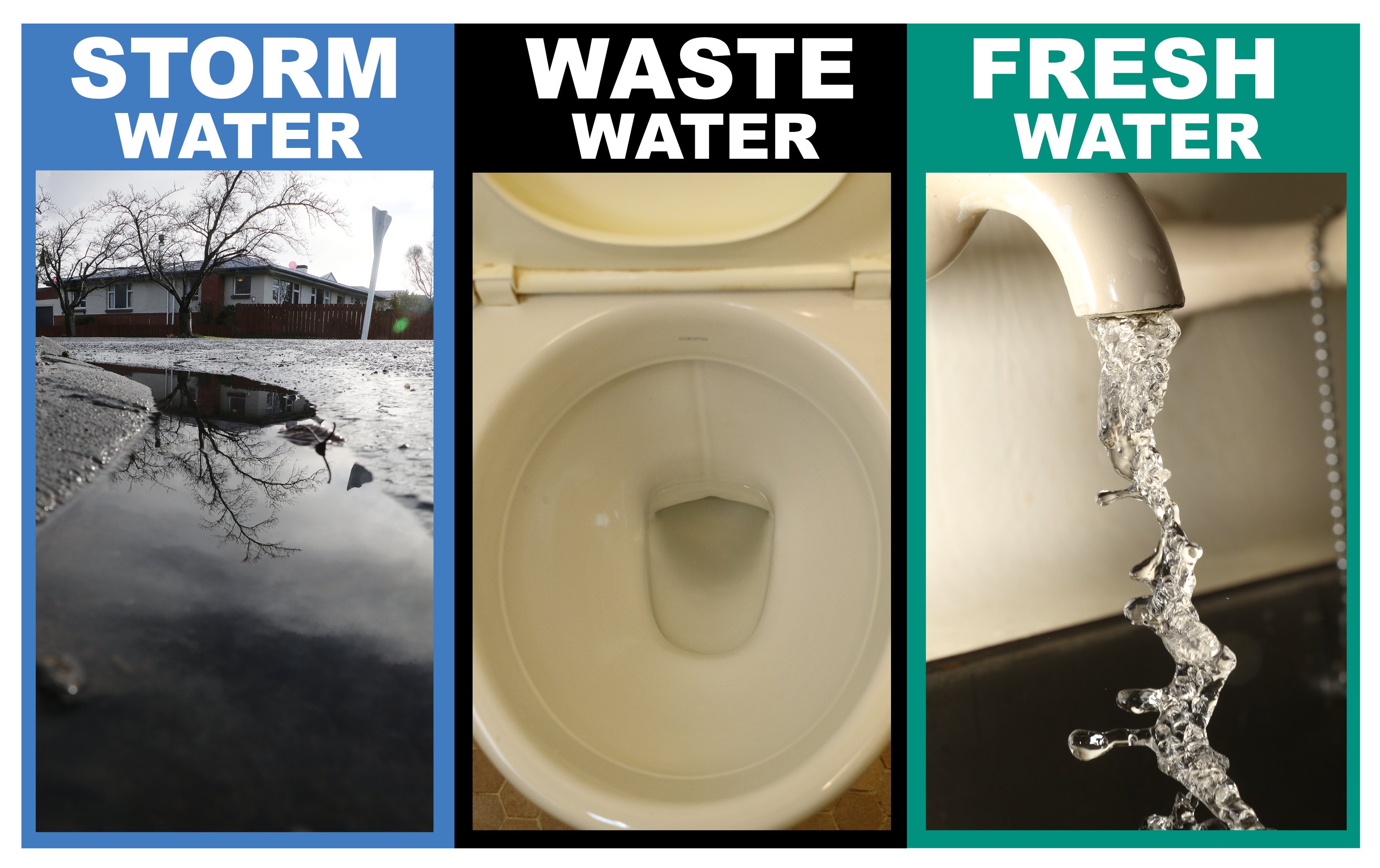Dunedin city councillor Jim O’Malley, who has been described as "incandescently angry" on the subject, is to present to a parliamentary select committee this morning.
He is to be followed by Clutha Mayor Bryan Cadogan, who has described himself as disillusioned.
The Government has proposed 10 entities will take over water activities from councils — an adjustment from the previously proposed four — but the city council has remained unimpressed with its model and the financial case underpinning it.
The council has continued to call the model fundamentally flawed and Cr O’Malley has been a leading critic.
In a stirring summation of what the council considered was wrong with the Government’s approach, Dunedin deputy mayor Sophie Barker last week described its consultation as cynical and said the city would end up subsidising other areas.
Cr O’Malley — who was not at the council meeting but was set to present arguments to Parliament’s governance and administration select committee about the Water Services Entities Amendment Bill — was "incandescently angry", the deputy mayor said.

A huge looming financial challenge in the next 30 years "is out of reach of councils to address on their own", it has argued.
For Dunedin, the average annual saving for ratepayers with reforms has been put at $3600 in 2054. The council has signalled it will challenge such assumptions.
It was stated in draft material for the council’s submission there was still a risk ratepayers and consumers were going to end up paying significantly more in combined rates and water charges under the service delivery model provided by the legislation, compared with the status quo.
"Council questions why it should transfer such significant community assets if the model itself is flawed."
Mr Cadogan was highly involved in helping to thrash out the merits and arguments concerning the original four-entity model and was then dismayed when the Government changed course at a late stage. This would add cost to the reforms, he said.
At a city council meeting last week, councillors again expressed frustration.
Cr Kevin Gilbert likened communicating with the Government about reform with trying to get through to a teenager wearing headphones.
Dunedin Mayor Jules Radich said the council was again poised to present a significant protest.The city had been steadily improving its water infrastructure, he said.
The adjusted name of the reform programme, Affordable Water Reform, was regarded as something nearing a joke at the council meeting.
Cr Andrew Whiley called it the "increased-cost water reform, oh oops, Affordable Water Reform".
Cr Christine Garey took issue with the way reform had been promoted as benefiting everybody when it was far from apparent how this applied to domestic self-suppliers.
"Up to 20% of our population in this city are not on reticulated water and they are not included in this reform."
Cr David Benson-Pope remained worried about the potential for a water services entity to override local planning decisions or not take due account of them.











